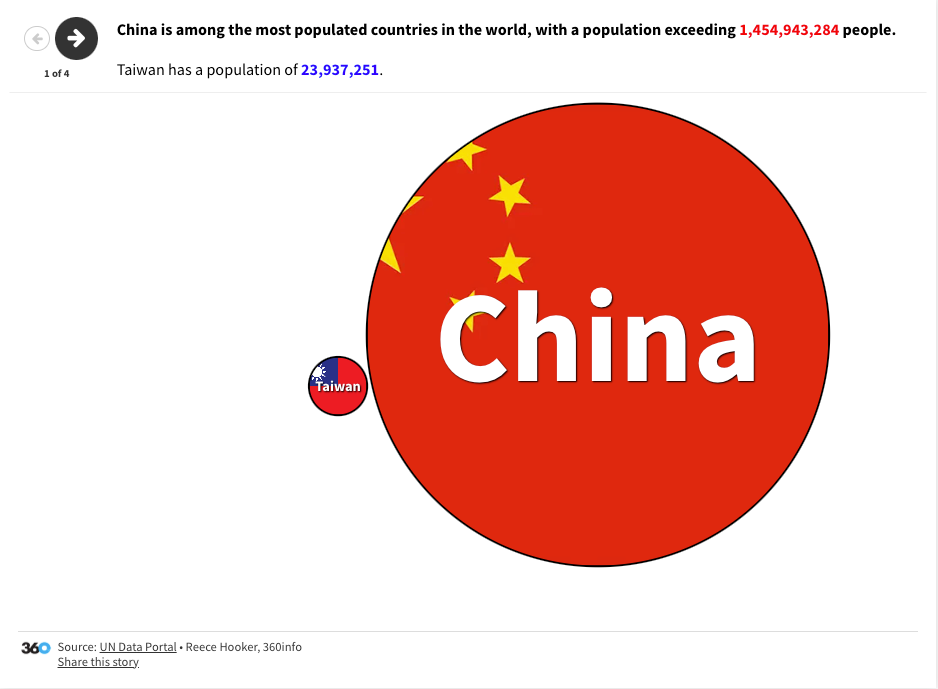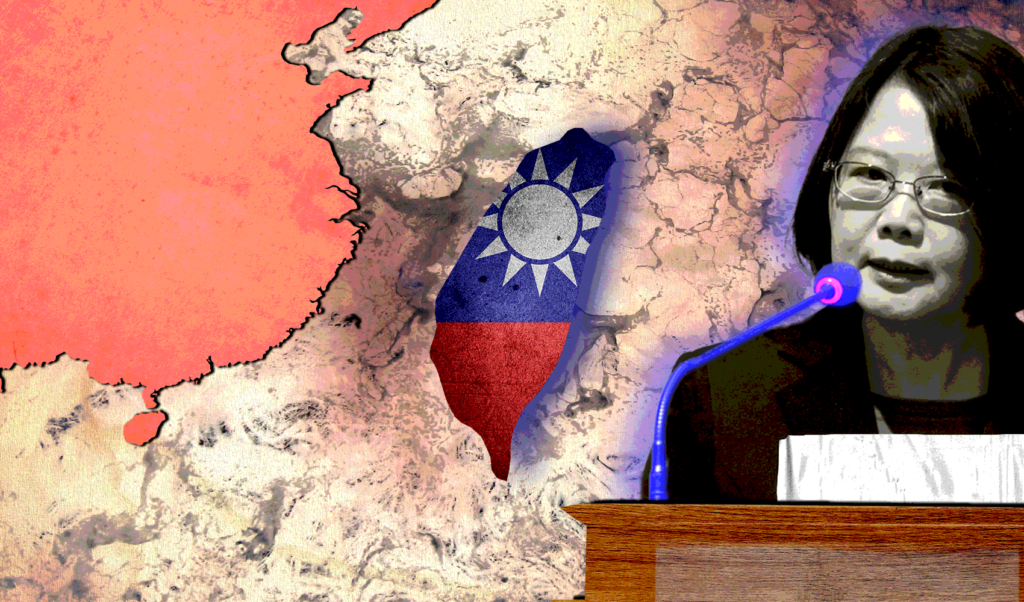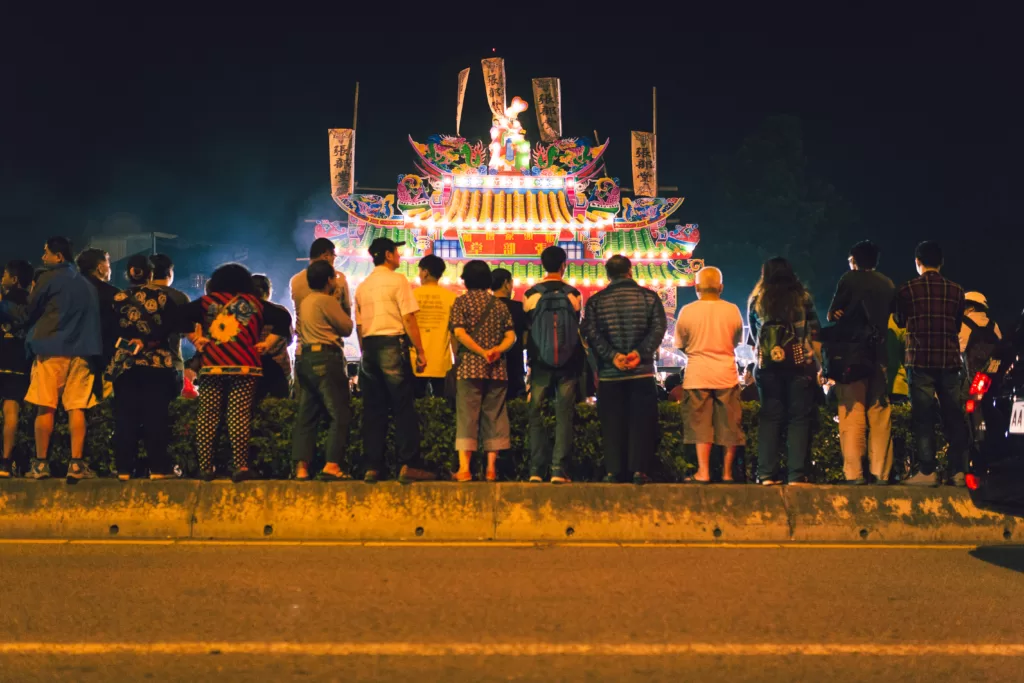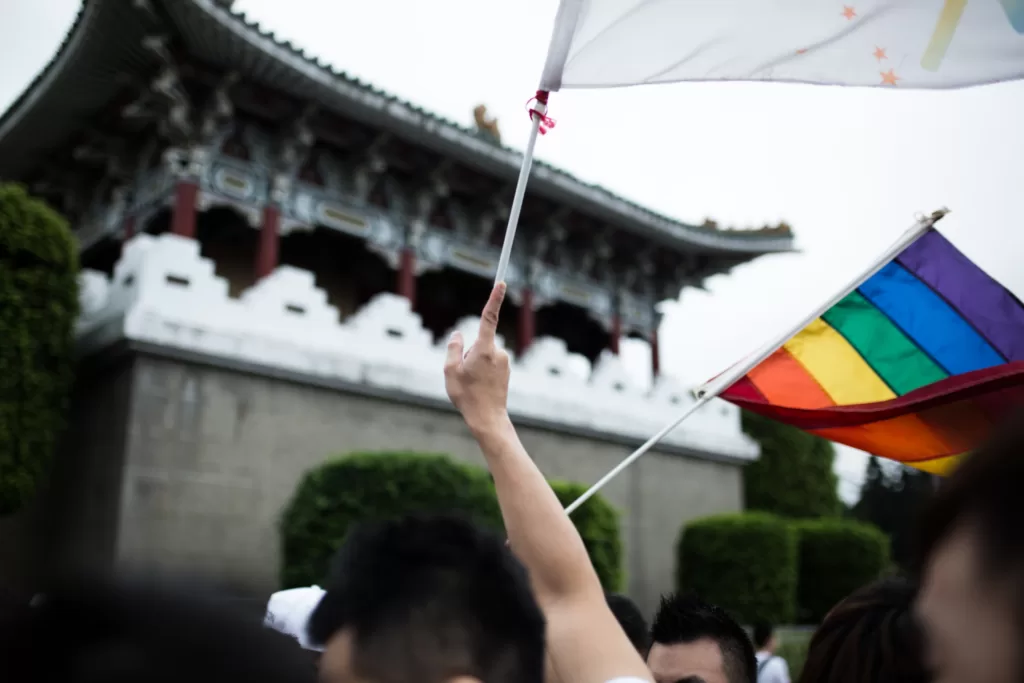The lack of official diplomatic allies isn’t stopping Taiwan from finding ways of winning friends and influencing people.
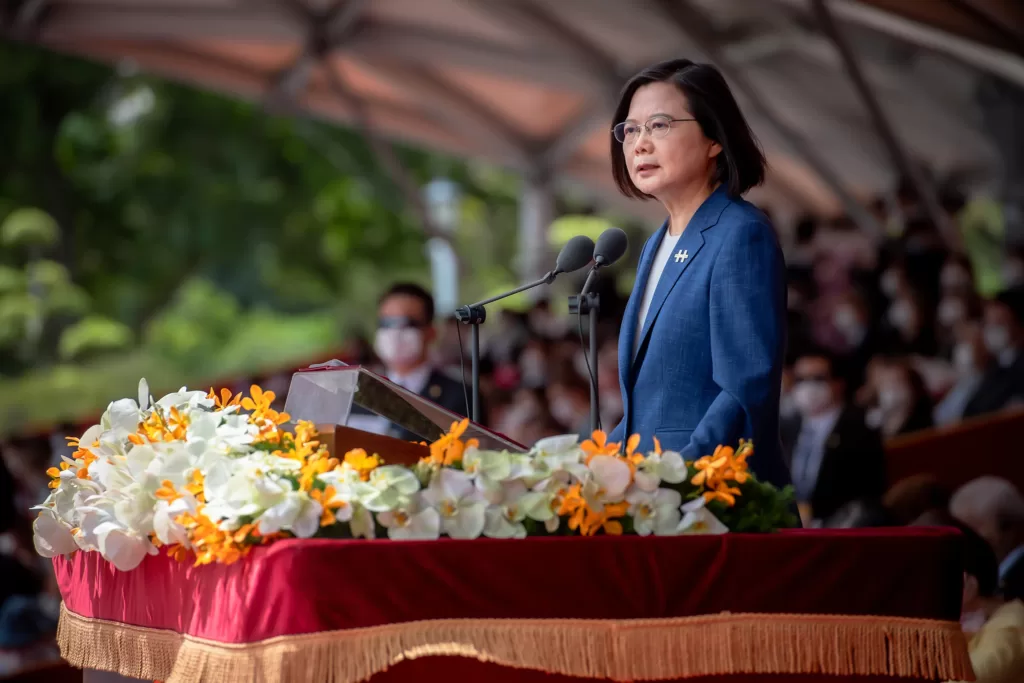 Person-to-person diplomacy has been a central policy of the Tsai administration. : Makoto Lin / Office of the President CC BY 2.0 https://creativecommons.org/licenses/by/2.0/
Person-to-person diplomacy has been a central policy of the Tsai administration. : Makoto Lin / Office of the President CC BY 2.0 https://creativecommons.org/licenses/by/2.0/
The lack of official diplomatic allies isn’t stopping Taiwan from finding ways of winning friends and influencing people.
Taiwan has lost more diplomatic allies in the last seven years than it has since it established itself — just 13 countries are left maintaining official relations with the self-governed island.
Beijing has aggressively tried to isolate Taiwan by enticing its allies away from it. Honduras is the more recent country to support the One China policy. The numbers could dwindle even further if Paraguay, the last remaining ally in South America, aligns with its larger trading partner following this month’s presidential elections.
Taiwan’s loss of international friendships has accelerated since President Tsai Ing-wen came to power in 2016 and refused to acknowledge the 1992 ‘One China different interpretations’ consensus with Beijing.
Losing allies has not impacted Taiwan’s global standing as much as you’d think. Significant investments for countries like Paraguay to maintain the façade of diplomatic relationships could instead be better served for other outreach purposes such as expanding the number of Taiwan Economic and Cultural Offices around the world, especially in Southeast Asia.
There was always an understanding that China could, and eventually would, come after formal allies and convince them to switch sides, so Taiwan needed another way to maintain its relationships.
Taiwan laid the groundwork for a foreign policy that goes beyond traditional formal diplomatic norms with the introduction of the original Go South policy under President Lee Teng-hui in 1994, although it has not been the central pillar of its foreign policy until very recently.
The concept of smart diplomacy — a mix of soft power and niche expertise — is one that countries have successfully used to engage in the international system. With a more integrated international system, diplomacy is no longer limited to having formal relationships with countries. The focus is more on building business-to-business as well as people-to-people relationships — an element part and parcel of Taiwanese foreign policy for decades.
The harsh reality for Taiwan is that international recognition is a long-term goal with an unclear timeline. But it does not mean the Taiwanese economy, its people, its culture and identity exist in a vacuum. By creating foreign policies that involve interpersonal relationships, Taiwan can make inroads in ways that would be impossible if formal recognition was the sole focus.
While China was going through years of reforms with Western companies struggling to make a breakthrough on the mainland, Taiwanese investments already there played a part in the rapid industrialisation and knowledge transfer that eventually made China what it is. Throughout the 1980s and the 1990s, Taiwan kept up its relationships with China and most of Southeast Asia by supporting businesses to expand Taiwanese footprints in the region. This eventually led to something Taiwan craved even more than formal diplomatic relations: an acknowledgement of its unique status and an identity that was distinct from China.
Person-to-person diplomacy has been the central pillar of contemporary Taiwanese policy throughout the Tsai administration. Her introduction of the New Southbound Policy in 2016 shifted the focus from trying to convince potential partner countries to grant Taiwan formal diplomatic acceptance to building connections based on mutual benefit through business, trade, sharing of expertise and regionalism. Taiwan is a friend countries did not know they needed but are happy to have, is the crux of the policy — as one diplomat explained during its launch.
Take the case of India, one of the largest countries in the region that does not formally recognise Taiwan. With a volatile border with China already an issue, India is a major regional power that is highly unlikely to acknowledge Taiwan diplomatically beyond what is part of the 1992 One China consensus. But over the last few years, Taiwanese firms and organisations have been rapidly increasing their footprint in India, with organisations like Foxconn investing diversifying their supply chains away from China.
With a global microchip shortage, others like the Taiwan Semiconductor Manufacturing Company — Taiwan’s biggest company and the world’s largest producer of microchips — are moving production to India as well. Cross-cultural exchanges have also steadily increased with organisations like Taiwan Asia Exchange Foundation leading the charge through civil society exchanges. The number of Indian students in Taiwan has also steadily increased over the years. All this is happening despite a lack of formal diplomatic relations between India and Taiwan.
Taiwan’s ability to cultivate relationships in India beyond official government recognition is a testament to the ways in which diplomacy is evolving beyond traditional embassies. Smart diplomacy is significantly more cost effective and agile than traditional diplomacy, and does not require the kind of manpower investment formal relationships require.
Even if Taiwan were to lose more of its formal allies, it will continue to make friends — those who never knew they needed one like Taiwan.
Adnan Rasool is an Assistant Professor of Political Science at the University of Tennessee at Martin. Adnan’s work focuses on soft power and foreign policy of small states in the Indo-Pacific. He declares no conflict of interest.
Originally published under Creative Commons by 360info™.


